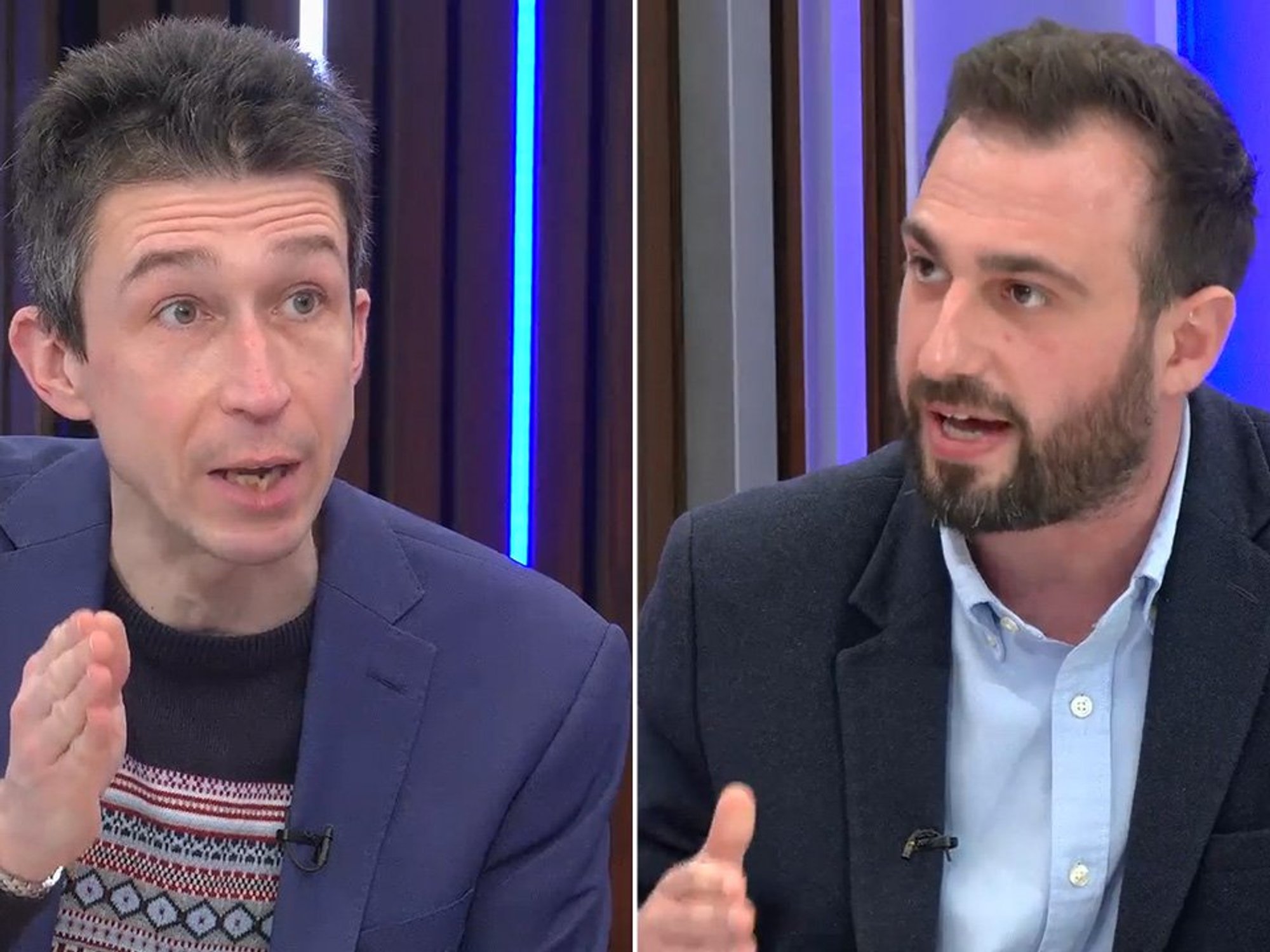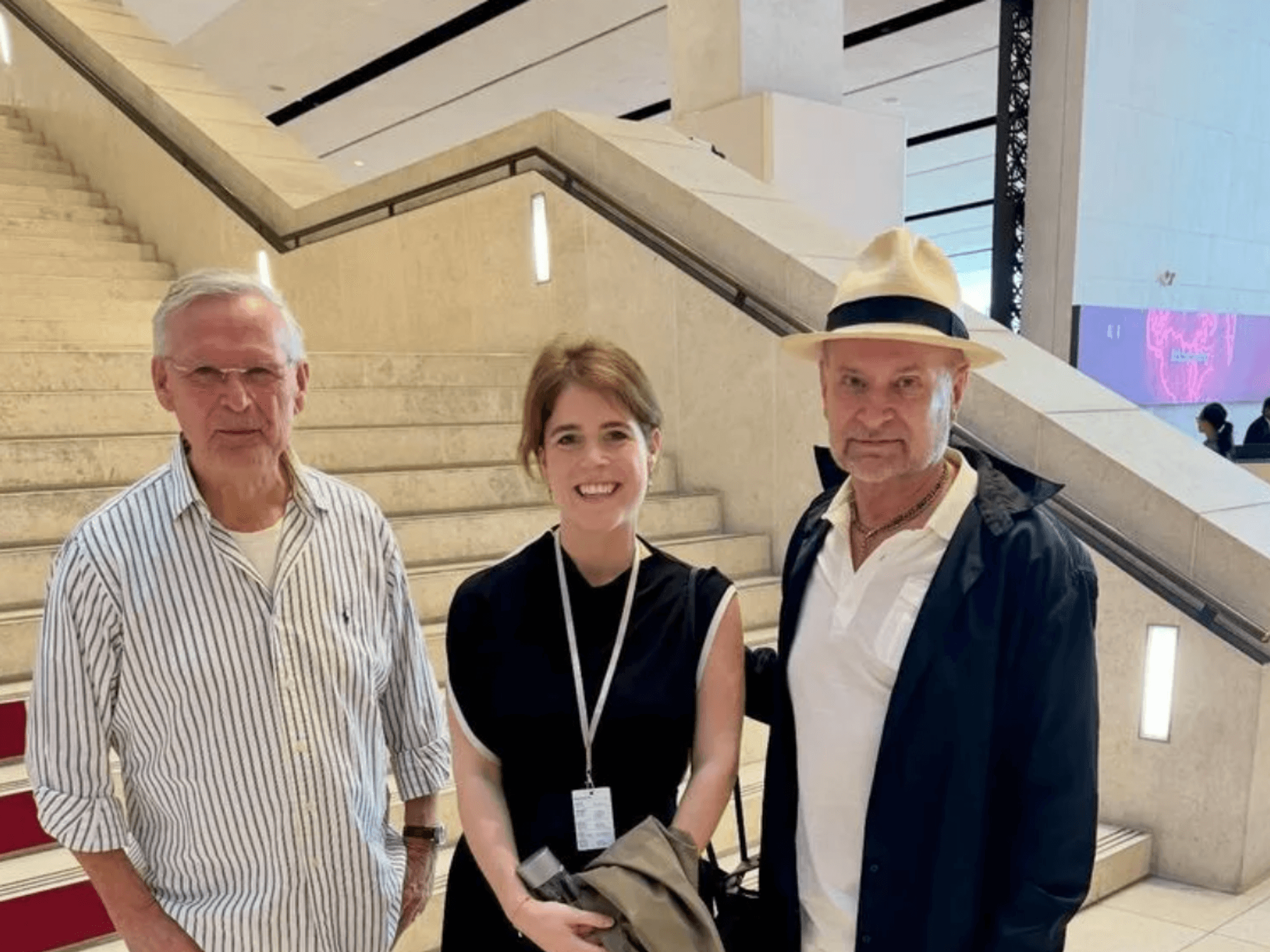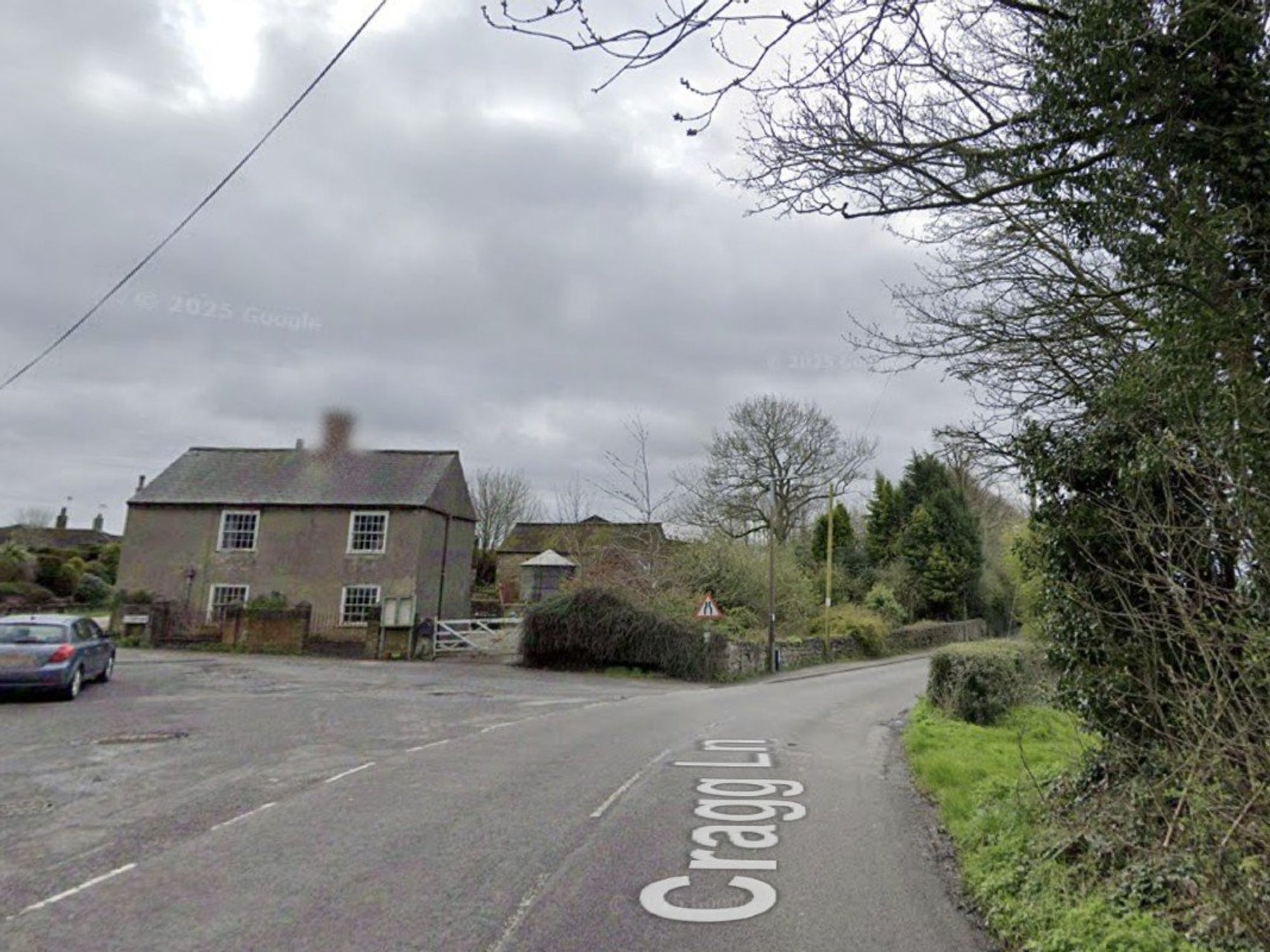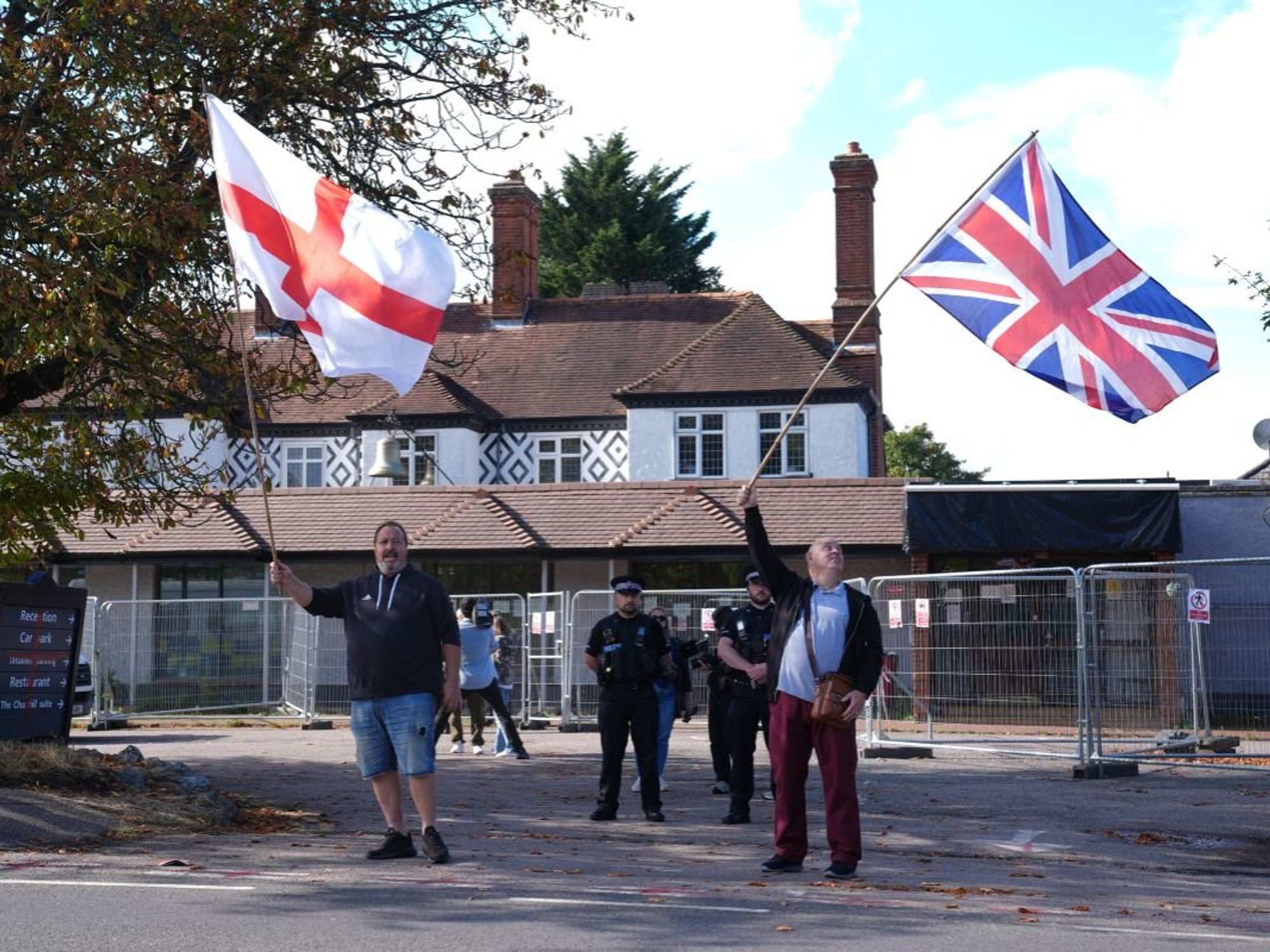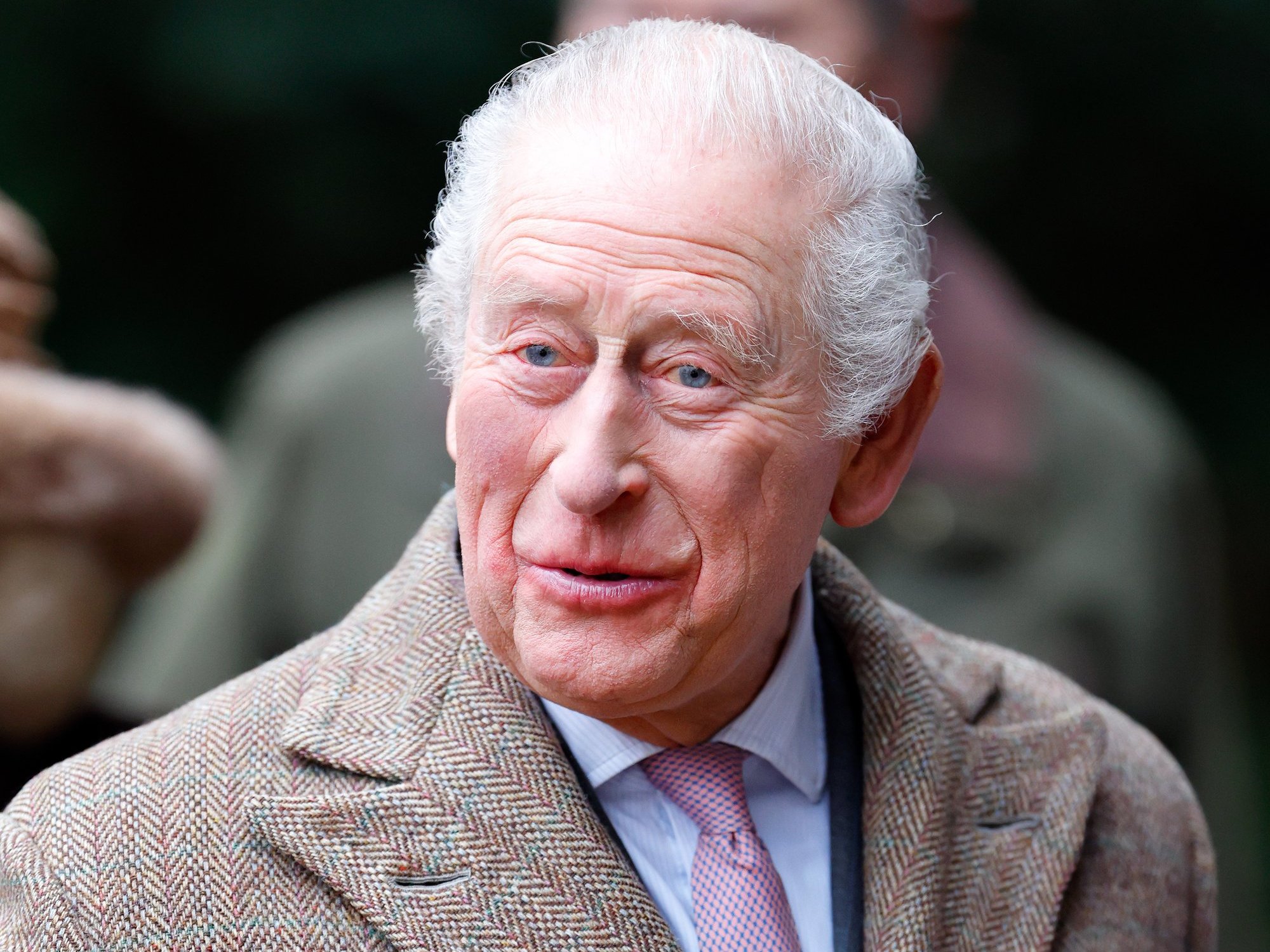At the ripe old age of 57, I've made a fundamental discovery — all thanks to a simple DNA test — Colin Brazier
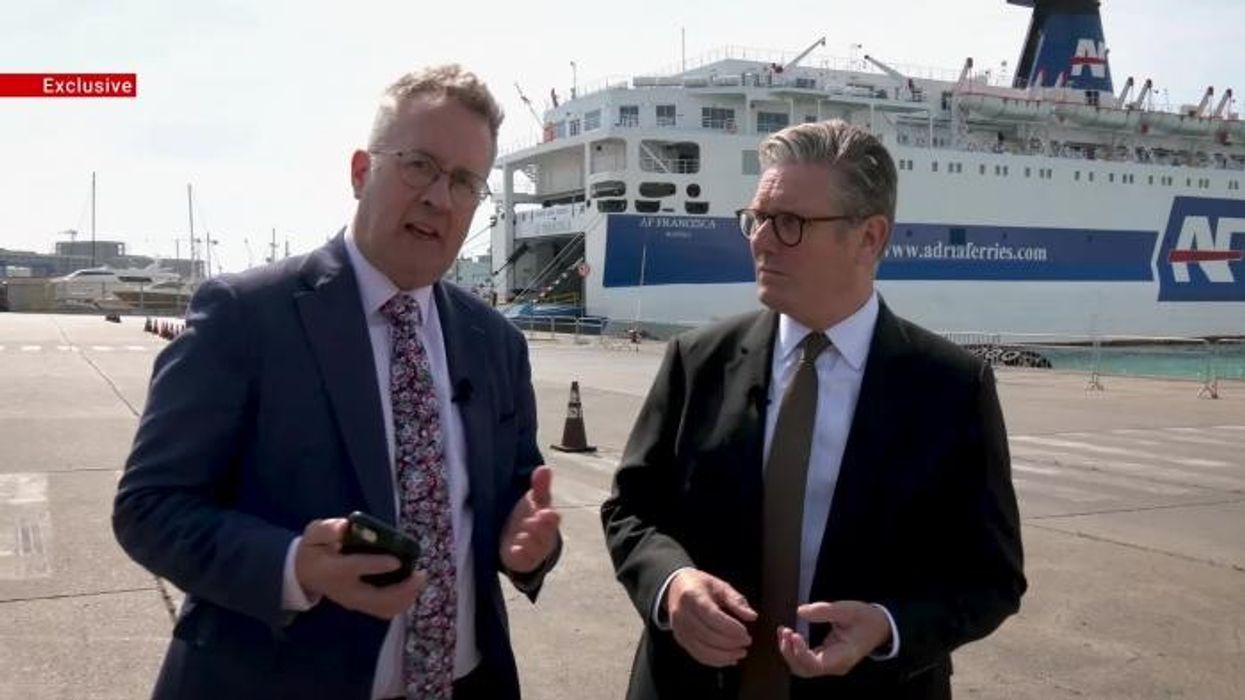
GB
My first reaction was one of shame - but then I began to wonder
Don't Miss
Most Read
Trending on GB News
Like many people in Britain, parts of my family tree have always been cloaked in mystery. I never knew, for instance, the identity of my paternal grandfather. But last month, that all changed. A hitherto unknown relation did a DNA test and in doing so, opened up a series of genetic connections which led to me.
It’s strange to reach the ripe old age of 57 and discover something quite so fundamental. And the truth, as they say, is stranger than fiction. Because my grandfather’s life story is - and I don’t just say this because it turns out we’re related - astonishing.
His name was James Doyle, and he was born into grinding poverty almost a century ago in Sussex. By dint of his energy, drive and (not always legal) cunning, he amassed a fortune at the height of which he bought one of the grandest houses in the country, before losing everything and taking his own life in 1995.
Such rags-to-riches-to-ruin stories are rare, but not unique. What rocked me back on my heels was the strange parallels his life had with mine.
We both produced big families. I have five daughters, he had seven (he always apparently craved a male heir, never knowing that he had produced a first-born son - my father - courtesy of a teenage fling).
But what was really shocking was the politics. It’s necessary to point out that, when I heard about James Doyle, I was proofreading a book for a friend about anti-semitism.
I have no time for racists of any stripe. But, having grown up in Bradford, I am deeply sceptical about the merits of multiculturalism and, increasingly, am prepared to say so publicly.
As I searched the internet for details that could shed light on the life of my late-grandfather, it became clear that he too was someone who - to put it mildly - was unconvinced by the arguments for mass immigration.
From what I’ve been able to find, 60 years ago, James Doyle founded the Racial Preservation Society and started a short-lived newspaper, The British Independent, to propagate his views.
And what were they? Because this was all happening in the pre-internet era, I’m limited in what I know. There seems to have been some unsavoury connections with the National Front, with whom he appears to have fallen out (whether over personalities or politics isn’t clear).
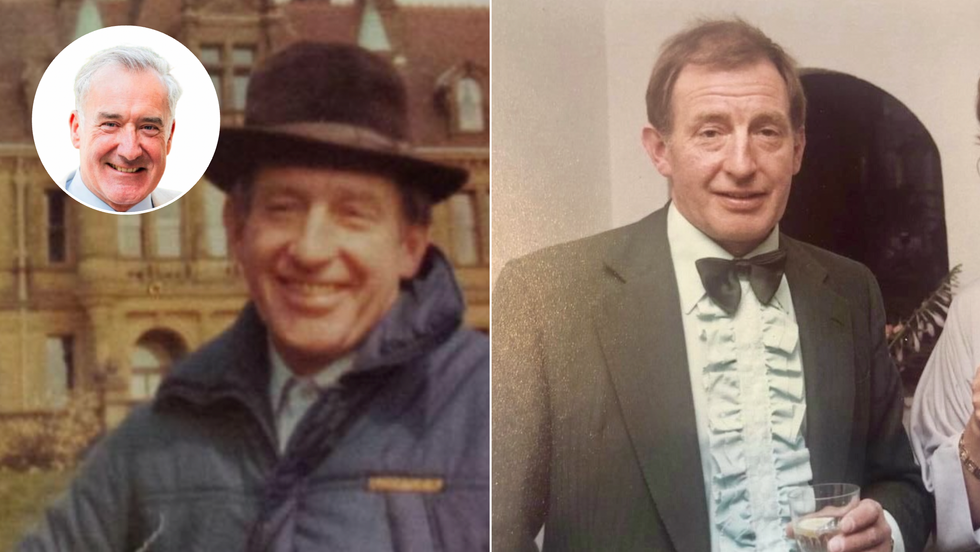 At the ripe old age of 57, I've made a fundamental discovery — all thanks to a simple DNA test — Colin Brazier |
At the ripe old age of 57, I've made a fundamental discovery — all thanks to a simple DNA test — Colin Brazier | Colin Brazier
My first reaction was one of shame. Was my grandfather the kind of man who hated someone just because of the colour of their skin? Since he took his own life (30 years ago to the month), I’m not able to ask him. But I did begin to wonder this: have views which put someone beyond the pale a generation ago now gone relatively mainstream?
That might sound provocative. But think about it for a second. To publicly question the logic of multiculturalism was once to flirt with career suicide. Take the case of Ray Honeyford.
He was the Bradford headmaster who, in 1984, wrote an article in which he said his Pakistani-heritage pupils were being let down by an educational system which did not encourage them to assimilate enough, particularly in relation to how much they were expected to learn English.
By today’s standards, it was tame stuff. The piece was thoughtfully expressed and carefully considered (in a strange coincidence, I have recently become the Assistant Editor of the Salisbury Review, the journal which published his article). But being bland didn’t save Honeyford.
Following protests by parents, which led to him having police protection, he took early retirement. An early example of what we would come, decades later, to categorise as ‘cancel culture’.
Would he lose his job today or be hailed as a whistleblower? Impossible to say. But in other respects, the bar of disqualification from public life for denouncing multiculturalism has definitely been lowered.
The ‘Rivers of Blood’ speech ended the career of Enoch Powell, but mainstream politicians on the Right now argue, much as Powell did and often with less elegance, that mass migration has its limits. Even Keir Starmer felt moved to talk about an ‘Island of Strangers’.
In the 1960s, my grandfather seems to have campaigned for an end to Commonwealth immigration, which, at the time, was running at levels which seem paltry by modern standards.
The British Nationality Act of 1948 granted Commonwealth citizens the right to live and work in the UK, and by 1971, 500,000 had come. Small beer compared to the so-called Boriswave. In 2023 alone, legal arrivals in the UK peaked at 906,000.
Those numbers would have been unthinkable to James Doyle. And to Powell, for that matter, whose Rivers of Blood speech insisted Britain was “literally mad” to allow 50,000 dependents into the UK every year.
Nor could my grandfather have imagined a country which, by 2025, would see one demographic projection predict that the UK would have a white minority by 2063.
But equally, James Doyle, with his big house and big family, could not have conceived of the 21st century’s embrace of technological miniaturisation: the computer in every pocket, which allows anyone to carry a digital megaphone capable of carrying their voice anywhere in the world.
The views which marked out my grandfather as a pariah have, to a large extent, become commonplace on the Right. His Racial Preservation Society now sounds oddly quaint, redolent of a prissier time, before the sturm und drang of online discourse catalysed new populist movements across Europe.
Had he been born half a century later, in other words, if he’d been born a contemporary of mine, how would someone like James Doyle now express doubts about the nation’s future direction? Would he be standing for Reform at the next election or going a little further? Marching for Tommy Robinson or setting up his own YouTube channel? It’s impossible to know, of course.
The past, as they say, is another country. James Doyle will forever be an enigma to me, the grandson he never knew he had, but who seemed to follow in many of his footsteps anyway.





